You are here
New Releases
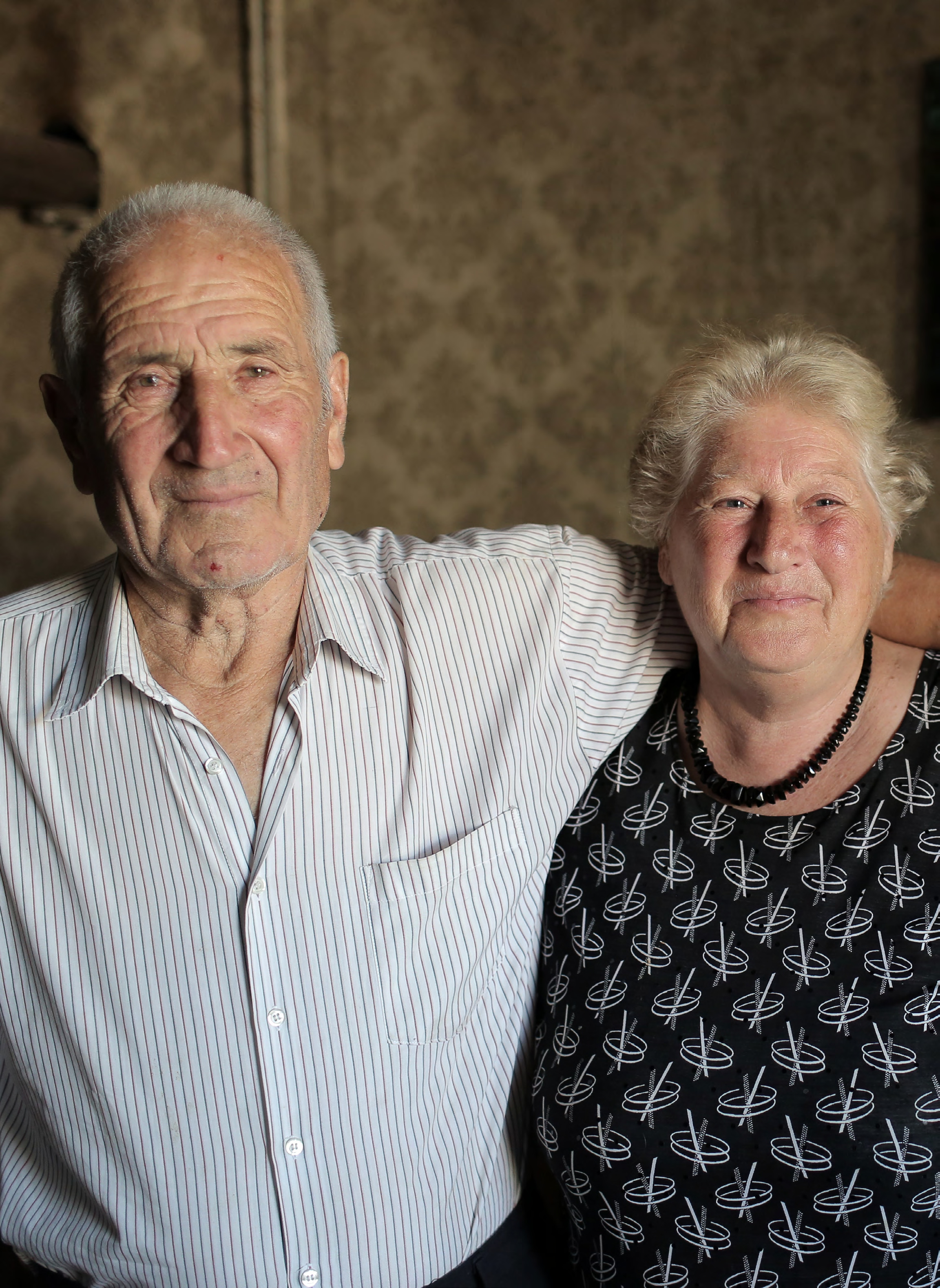
UNFPA Technical Guide: Older Persons and COVID19
UNFPA focuses on human rights, health and protection of older persons in light of COVID-19, and this document highlights relevant initiatives underway in offices worldwide. Responding to the rights and needs of older persons is fully in line with one of the accelerators of the UNFPA COVID-19 Global Response Plan, i.e. to leave no one behind.
The document underscores UNFPA’s role in supporting the UN COVID-19 response at the country level, under the leadership of the United Nations Resident Coordinator system and the World Health Organization (WHO). UNFPA also supports civil society to advocate for older persons’ participation in the policy arena, and for their voices to be heard in preparedness and response to a crisis in which they are the most affected.

UNFPA Resource Pack: "Midwives – Celebrate. Demonstrate. Mobilize. Unite"
COVID 19 is likely to impact midwives and midwifery services as health resources get diverted and maternity units shut down. Midwives must show resilience, courage to continue to serve women and their newborns. They are central to the delivery of quality sexual and reproductive healthcare services and enabling women to lead productive, healthy lives. They also help fulfill the right to health and to live a healthy and fulfilling life.
Midwives play a vital role in the gender equality movement too. Everyday, midwives, in every part of the work are upholding women’s rights to quality, and midwife-led care throughout the childbirth continuum. They work with women every day, partnering together with them in their care during the childbirth continuum while showing great resillience and courage in countries facing humanitarian emergencies.
Within this scope, UNFPA applauds and hails the work of all midwives and pledges to stand by them and work with national governments to protect them during COVID-19.
UNFPA's recent record pack concerning midwifes and their contribution during the ongoing COVID19 pandemic also covers policy suggestions for policy makers, suggested social media message and includes critical data and results of scientific publications.

International Midwives Confederation (ICM) Advocacy Toolkit for Midwives
Globally, there is a lack of understanding about the importance of midwives in helping women to have a safe birth. In some countries, midwifery still struggles to achieve recognition as an autonomous profession. Moreover, poor employment policies and conditions can make the work of a midwife incredibly challenging.
Advocacy -the act of supporting a cause to effect change- within this context aims to improve social, political and economic conditions of midwives and the overall welbeing of society through certain methods including, but not limited to, strategic planning, cooperation with media and governments, as well as effective social media usage.

UNFPA Technical Report: Women's Health & COVID19
COVID-19 pandemic severely threatens women's health as health systems become overloaded, facilities close or only provide a limited set of services to women and girls, and many choose to skip important medical checkups through fear of contracting the virus. Global supply chain disruptions may also lead to significant shortages of contraceptives and gender-based violence is expected to soar as women are trapped at home for prolonged periods.
Key projections include an elevated number of gender-based violence cases against women, increase in the number of women who cannot access modern contraceptive methods which lead to unintented pregnancies, disruption of efforts to end child marriage potentially ending up with millions of new child marriage cases and disruption of programmes to prevent female genital mutilation.

Coronavirus Disease (COVID-19) Pandemic UNFPA Global Response Plan
The COVID-19 pandemic constitutes the largest global public health crisis in a century, with daunting health and socioeconomic challenges. As the UN Secretary-General ' noted, this “is the greatest test that we have faced since the formation of the United Nations”. Governments are taking unprecedented measures to limit the spread of the virus, ramping up health systems and restricting the movement of millions. The pandemic has already severely disrupted access to life-saving sexual and reproductive health services. It is worsening existing inequalities for women and girls, and deepening discrimination against other marginalized groups. Sexual and reproductive health and rights is a significant public health issue that demands urgent and sustained attention and investment.
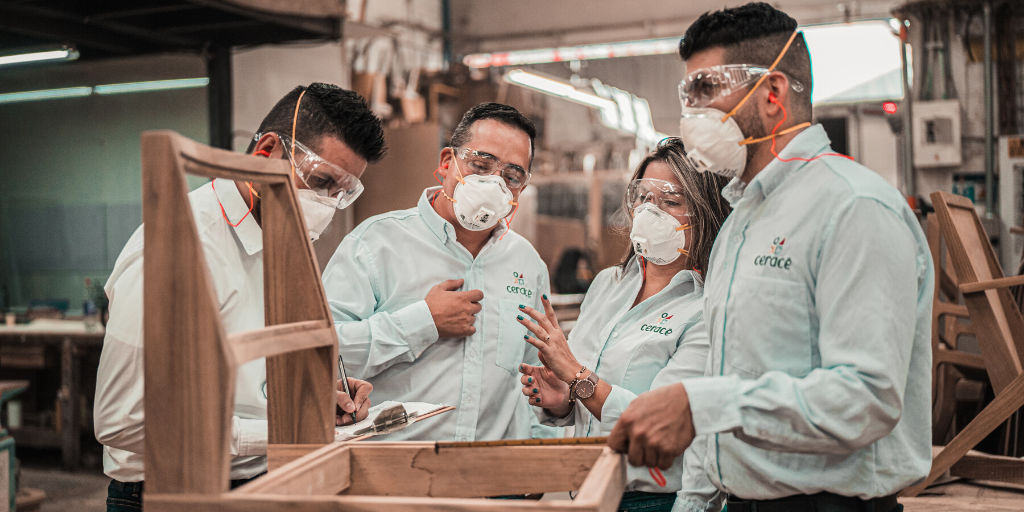
UNFPA Brief Note: "Private Sector and COVID-19 - The Role of the Private Sector in the Pandemic Response"
Companies need to make radical changes in their approaches to business during COVID-19 outbreak. Applying working from home policy is the primary goal to ensure health and protection of all employees in this period. It should be also kept in mind that the burden of domestic and care work affect women drastically and the employers need to make sure that the workers maintain a healthy work-life balance.
Moreover, supply chains undergo strains from the pandemic response which may further endanger the sexual and reproductive health of the employee. Private sector also should be aware of the specific needs of certain groups who are at high risk of coronavirus, primarily being elderly and those with chronic diseases.
UNFPA makes critical recommendations for those in various sectors, including hospitality, textile, logistics and many more, in terms of how private sector can make a difference for community during this period.
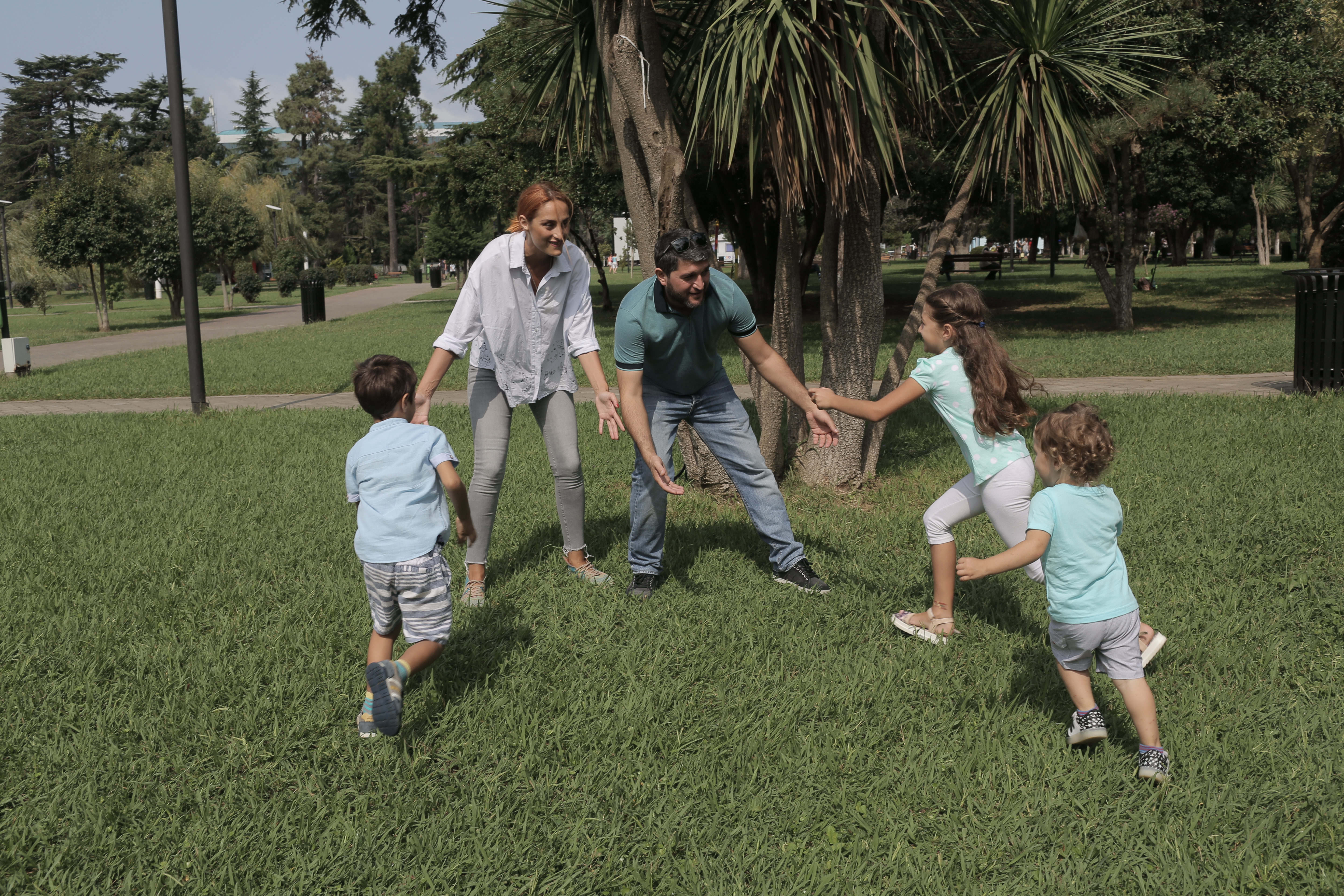
UNFPA Interim Report: Adolescents and Youth & Coronavirus Disease
Young people exposed to COVID-19 are as likely as old people to become infected and contagious. Young people’s education has been severely impacted by the pandemic that may hurt their mental health by producing negative feelings such as depression and anxiety in return, as a consequence of restricted socializing and loss of motivation for daily activities. Moreover, prolonged hours of social isolation is a risk-increasing factor for girls and adolescent women. COVID-19 also creates a troubling atmosphere in which accesability to sexual health services are severely restricted.
On the other hand, this generation of young people is more connected through technology, media and the internet. In this time of social distancing and lockdowns, their efforts in terms of raising online awareness and making information available to masses play a critical role to fight against COVID19.
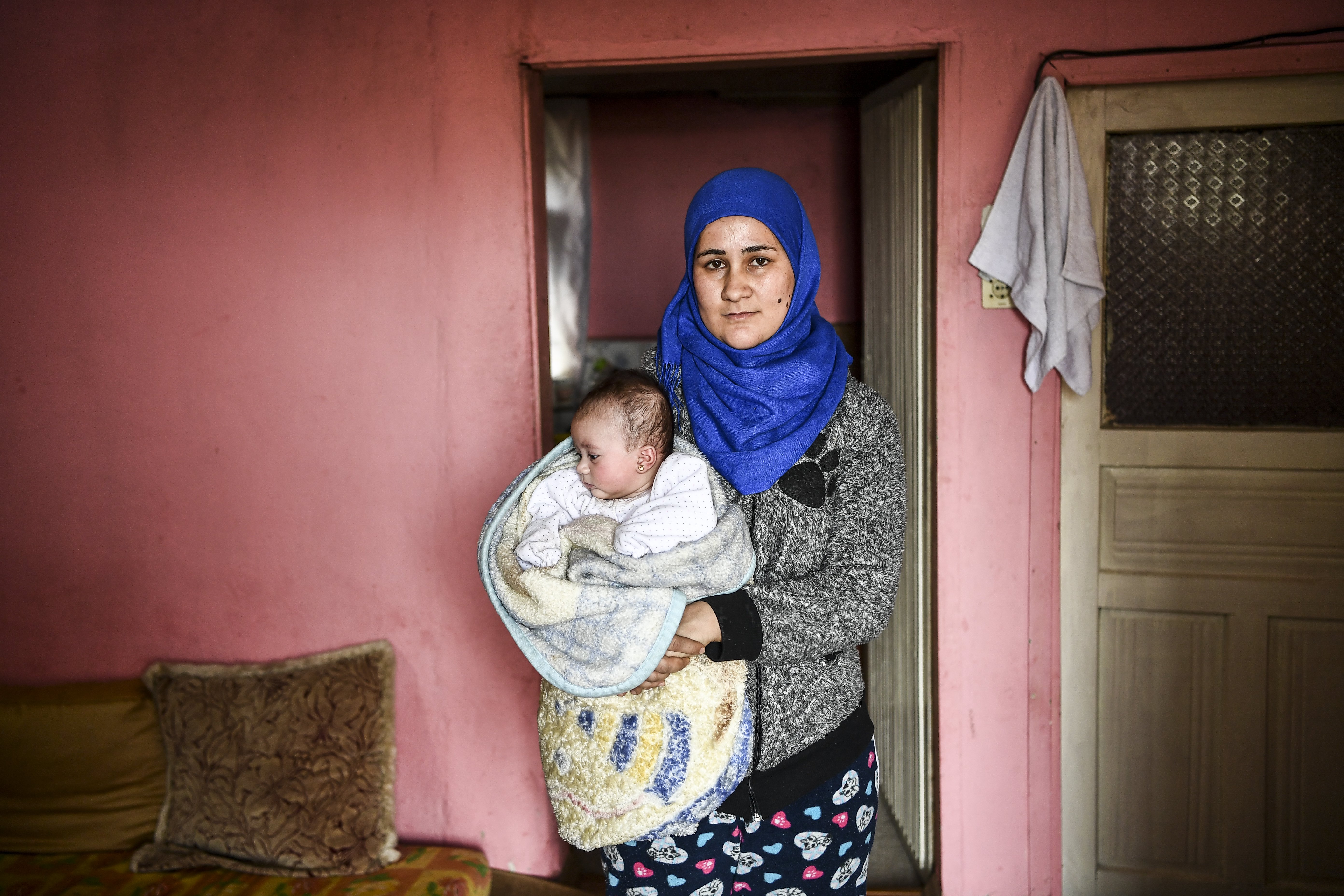
UNFPA Interim Report: Gender Equality, Violence and COVID19
Pandemics affect women and men differently. Women generate 70% of global healthcare workers. Although they are more likely to become the victims of systematic gender-based violence, they are underrepresented in the decision-making processes concerning the COVID19 pandemic, and they suffer from economic inequalities while struggling to ensure their financial independence.
On the other hand, men are less likely to ask for support and care due to gender roles, including physical and mental support, which makes them vulnerable to the ongoing crisis in a different way. Helplessness may lead to an increase in the cases of violence against women as well.
The only underprivileged community is not women, but also refugees, LGBTI+ individuals, homeless people and people with disabilities. Historical inequalities and forced social exlucion make things way more difficult for oppressed communities, especially during the ongoing coronavirus disease pandemic.
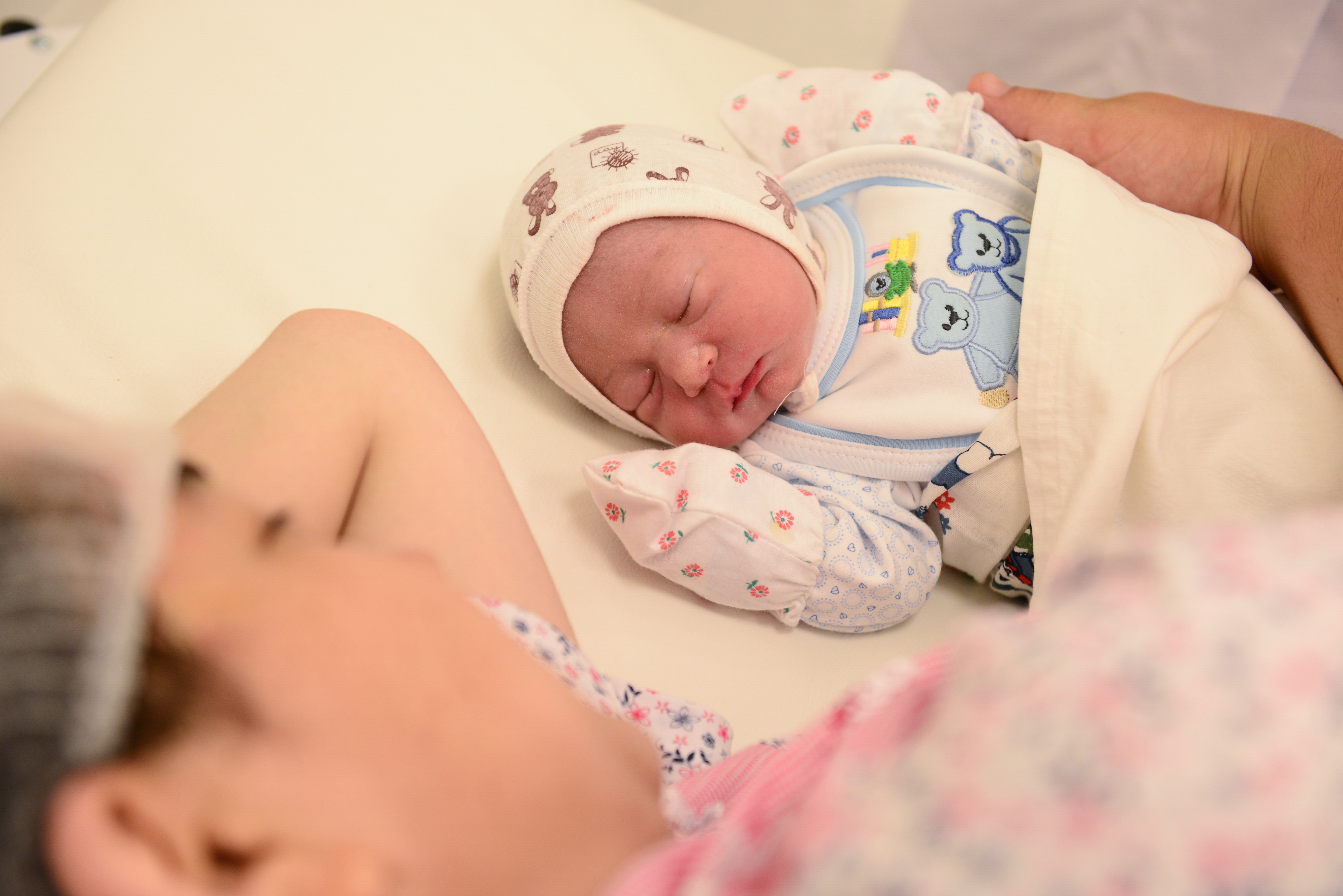
UNFPA Interim Report: Sexual & Reproductive Health and Rights & COVID-19
Contaceptive methods are one of the critical topics that are underestimated during the COVID-19 pandemic crisis. With the emergence of COVID-19, serious industrial and financial challenges concerning the supply-chains started to occur. This situation severely restricts the people's accesibility to various kind of medications and medical products, primarily being contraceptives. It should not be ignored that people's sexual and reproductive health may become jeopardized in the long run, including all age groups, as a consequence of possible further damages to the supply-chain mechanism.
Other medications are also not immune to such a devastation, including antibiotic, antiviral drugs, medications that are prescribed during and after pregnancy for mothers' health.
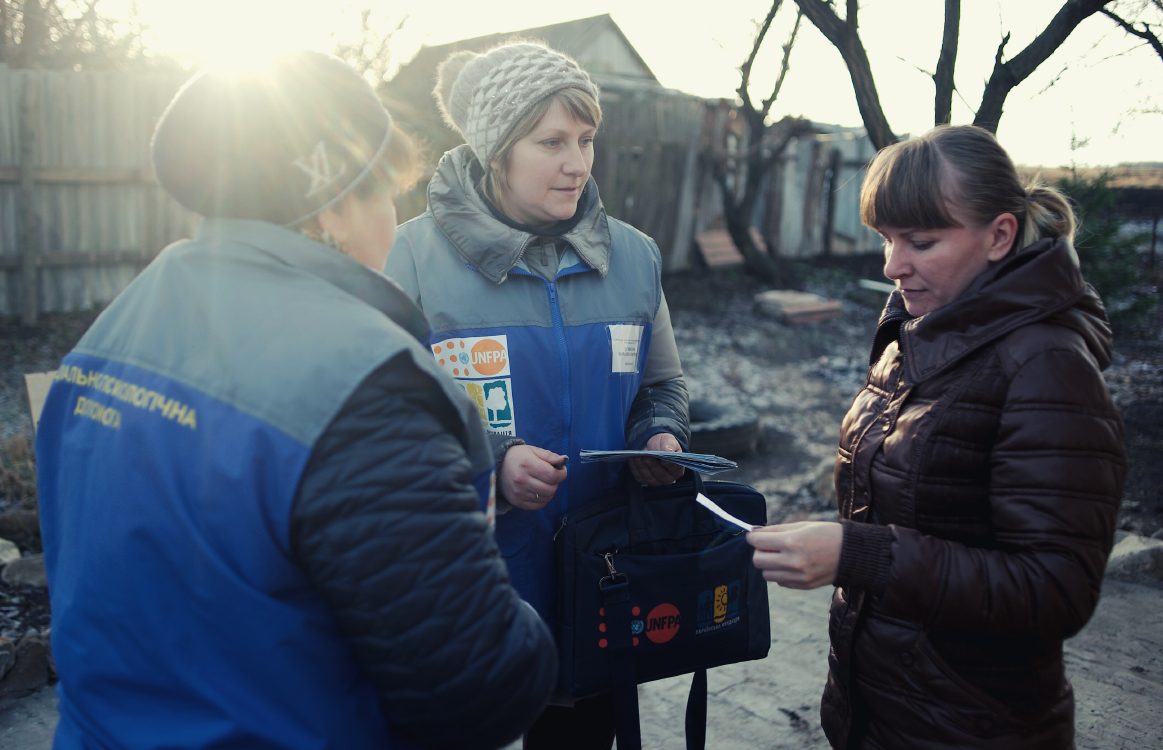
COVID-19: A Gender Lens
Disease outbreaks affect women and men differently, and pandemics make existing inequalities for women and girls and discrimination of other marginalized groups such as persons with disabilities and those in extreme poverty, worse. This needs to be considered, given the different impacts surrounding detection and access to treatment for women and men.
Women represent 70 percent of the health and social sector workforce globally and special attention should be given to how their work environment may expose them to discrimination, as well as thinking about their sexual and reproductive health and psychosocial needs as frontline health workers.